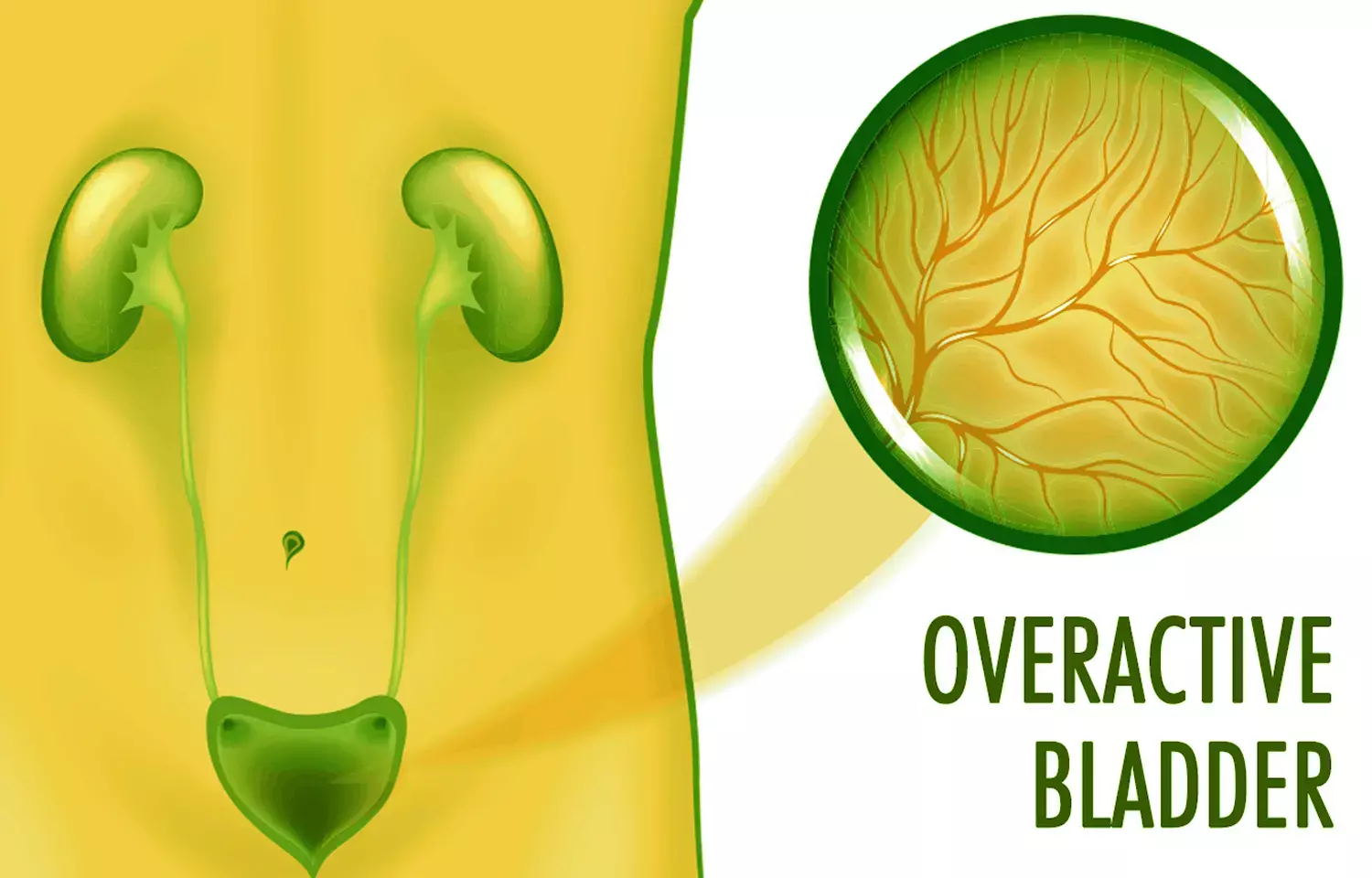- Home
- Medical news & Guidelines
- Anesthesiology
- Cardiology and CTVS
- Critical Care
- Dentistry
- Dermatology
- Diabetes and Endocrinology
- ENT
- Gastroenterology
- Medicine
- Nephrology
- Neurology
- Obstretics-Gynaecology
- Oncology
- Ophthalmology
- Orthopaedics
- Pediatrics-Neonatology
- Psychiatry
- Pulmonology
- Radiology
- Surgery
- Urology
- Laboratory Medicine
- Diet
- Nursing
- Paramedical
- Physiotherapy
- Health news
- Fact Check
- Bone Health Fact Check
- Brain Health Fact Check
- Cancer Related Fact Check
- Child Care Fact Check
- Dental and oral health fact check
- Diabetes and metabolic health fact check
- Diet and Nutrition Fact Check
- Eye and ENT Care Fact Check
- Fitness fact check
- Gut health fact check
- Heart health fact check
- Kidney health fact check
- Medical education fact check
- Men's health fact check
- Respiratory fact check
- Skin and hair care fact check
- Vaccine and Immunization fact check
- Women's health fact check
- AYUSH
- State News
- Andaman and Nicobar Islands
- Andhra Pradesh
- Arunachal Pradesh
- Assam
- Bihar
- Chandigarh
- Chattisgarh
- Dadra and Nagar Haveli
- Daman and Diu
- Delhi
- Goa
- Gujarat
- Haryana
- Himachal Pradesh
- Jammu & Kashmir
- Jharkhand
- Karnataka
- Kerala
- Ladakh
- Lakshadweep
- Madhya Pradesh
- Maharashtra
- Manipur
- Meghalaya
- Mizoram
- Nagaland
- Odisha
- Puducherry
- Punjab
- Rajasthan
- Sikkim
- Tamil Nadu
- Telangana
- Tripura
- Uttar Pradesh
- Uttrakhand
- West Bengal
- Medical Education
- Industry
Lower serum serotonin levels linked to overactive bladder: Study

Japan: A new study by Teppei Okamoto and the team reported that lower serum 5-HT levels could independently be associated with the presence of overactive bladder (OAB). The study is published in the World Journal of Urology.
OAB is a multifactorial condition. Some types of 5-HT receptors are expressed in the urothelium and may be involved in the visceral sensation of the bladder. Dr. Okamoto from Hirosaki University Graduate School of Medicine, Hirosaki, Japan, and colleagues aimed to investigate the association between serum serotonin (5-HT) levels and overactive bladder in a community-dwelling population.
The study was designed as a cross-sectional study that analyzed 1024 subjects who participated in the Iwaki Health Promotion Project in 2015 in Hirosaki, Japan. OAB was assessed using the Overactive Bladder Symptom Score (OABSS). OAB was defined as an occurrence of urinary urgency at least once a week and an OABSS of ≥ 3.
They assessed serum 5-HT levels, laboratory data, and comorbidities of each participant. Participants' mental health status was evaluated using the Center for Epidemiologic Studies Depression (CES-D) scale. The association of serum 5-HT levels and OAB was analyzed by multivariable logistic regression analysis.
This study included 394 men and 630 women. Of those, 118 (44 male and 74 female) were OAB sufferers
The results of the study were found to be
• A total of 394 men and 630 women were included in the study. Of those, 118 (44 male and 74 female) were OAB sufferers. A significant group difference in age, history of cardiovascular disease, chronic kidney disease, hypertension, diabetes mellitus, and CES-D score was observed.
• Participant's serum 5-HT levels in the OAB group were significantly lower than those in the non-OAB group (100 vs. 127 ng/mL).
• Multivariable analysis showed that age (odds ratio [OR]; 1.06) and log serum 5-HT level (OR; 0.25) were independently associated with OAB.
Okamoto and the team concluded that "Lower serum 5-HT levels could independently be associated with the presence of OAB. Further study is necessary to elucidate a possible causal relationship between serum 5-HT levels and OAB."
Reference:
Okamoto, T., Hatakeyama, S., Imai, A. et al. The association between serum serotonin levels and overactive bladder: results from a community-based cross-sectional study in Japan. World J Urol 39, 169–175 (2021). https://doi.org/10.1007/s00345-020-03167-2
Medical Dialogues consists of a team of passionate medical/scientific writers, led by doctors and healthcare researchers. Our team efforts to bring you updated and timely news about the important happenings of the medical and healthcare sector. Our editorial team can be reached at editorial@medicaldialogues.in.
Dr Kamal Kant Kohli-MBBS, DTCD- a chest specialist with more than 30 years of practice and a flair for writing clinical articles, Dr Kamal Kant Kohli joined Medical Dialogues as a Chief Editor of Medical News. Besides writing articles, as an editor, he proofreads and verifies all the medical content published on Medical Dialogues including those coming from journals, studies,medical conferences,guidelines etc. Email: drkohli@medicaldialogues.in. Contact no. 011-43720751


